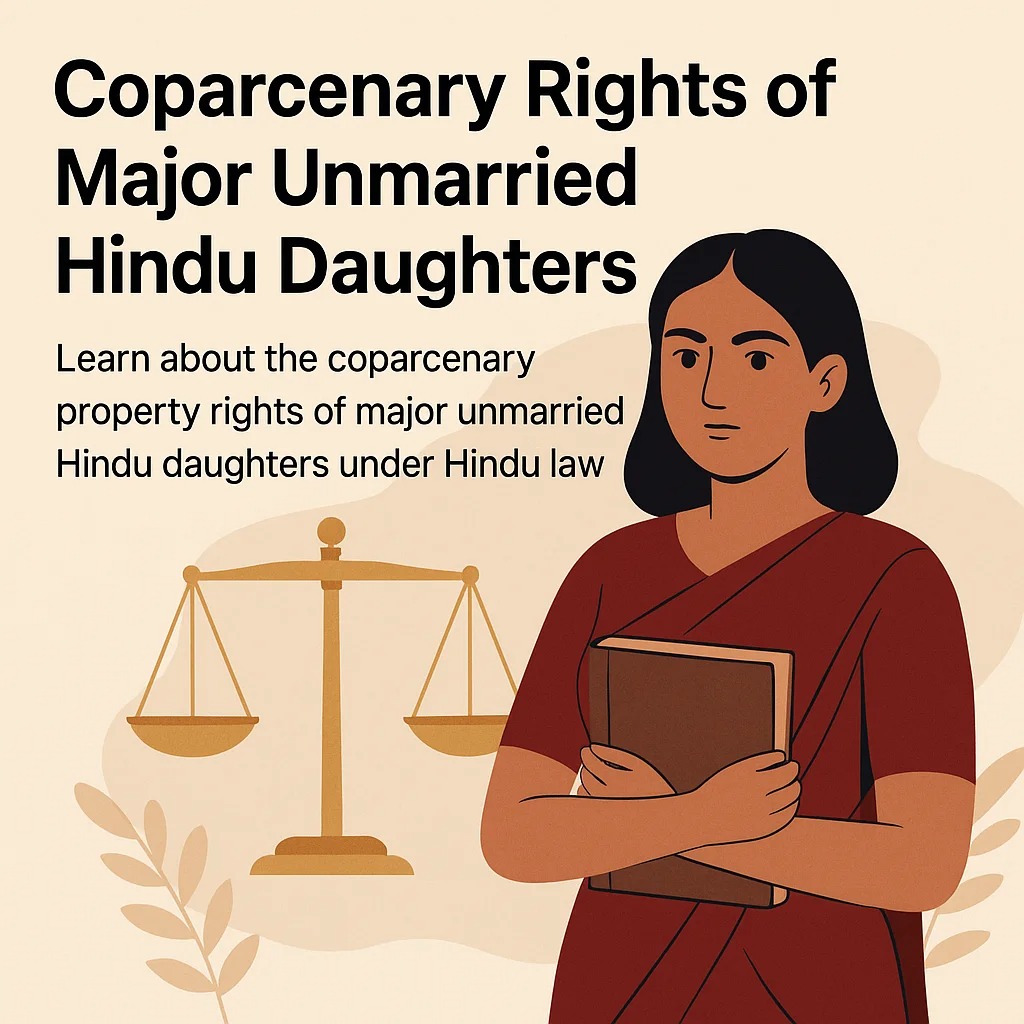R.H. Zaidi, J.@mdashBabu Ram @ Babu Lal, the tenant of the shop situated in Mohalla Assadulahpur. Tehsll Milak, District Rampur (hereinafter referred to as the shop in dispute) filed this petition against the judgment and order passed by the Additional District Judge, Rampur, acting as appellate authority under the U.P. Urban Buildings (Regulation of Letting, Rent and Eviction) Act, 1972 (hereinafter referred to as the Act) arising out of proceedings u/s 21(1)(a) of the Act.
2. The release application was filed by the Respondent No. 3 claiming that he was the owner and landlord of the shop in dispute. The Petitioner was in occupation of the said shop in dispute at the monthly rent of Rs. 25. Family of Respondent No. 3 consisted of himself, his wife and three sons. There was no permanent source of income and he used to do Thekedari'' occasionally. He also owned about 10 acres of agricultural land, his Income according to his estimate was about Rs. 10.000 per annum. The shop in dispute was needed for his personal occupation as he wanted to augment his Income by starting business of general merchant in It.
3. The release application filed by the Respondent No. 3 was contested by the Petitioner who has pleaded that the said Respondent was a big contractor, that last year he has entered into a big contract of Rs. 2.70,000 with the revenue department and also took another contract worth Rs. 2,00,000 his income from agriculture was not less than Rs. 27.000 per annum and he owned another shop which he recently got vacated from other tenant. It was also pleaded that in the southern portion of the same building, Respondent No. 3 owned two shops and he has been carrying on business of tailoring goods. It was also pleaded that Petitioner (tenant) had four sons (out of whom three were married) and the shop in dispute was the only source of his livelihood, and that the need of Respondent No. 3 was neither genuine nor bona fide, the release application was, therefore, liable to be dismissed.
4. The prescribed authority after going through the evidence on the record and after hearing the parties was pleased to record clear and categorical findings on the question of bona fide need and comparative hardship against the Respondent No. 3 and was pleased to dismiss the release application.
5. Aggrieved by the judgment and order passed by the prescribed authority, Respondent No. 3 preferred an appeal. At the appellate stage, the Respondent No. 3 moved an application for amendment of the release application. By means of amendment, he Introduced the plea that the shop in dispute was needed by him for settling his sons who have given up their studies and entered into business.
6. The appellate authority was pleased to allow the appeal filed by the Respondent No. 3 and to direct the release of the shop in dispute in his favour by his judgment and order dated 6.9.1990. The Petitioner as stated above has challenged the validity of the said order in this petition.
7. I have heard learned Counsel for the parties and also carefully perused the record of the case. On behalf of the Petitioner it has been contended that the appellate authority has acted illegally in reversing the order passed by the prescribed authority without reversing the findings recorded by him. That the landlord deliberately concealed two shops which were owned and occupied by him. He did not approach the prescribed authority with clean hands. The appellate authority acted illegally in taking into consideration the shop owned and occupied by the married son of the Petitioner by introducing the concept of joint Hindu family, which was legally not permissible. The appellate authority has also erred in law in taking into consideration the alleged offer of the alternative shop without looking into the suitability of the shop offered to the Petitioner for the purposes of his business as required under the law.
8. On the other hand, learned Counsel for the Respondent contended that the findings recorded by the appellate authority were all findings of fact which were based on relevant evidence and the judgment passed by him does not suffer from any illegality or Infirmity.
9. So far as the question of validity of the order of appellate authority is concerned,- from the evidence on record it is evident that the prescribed authority recorded clear and categorical findings that the Respondent No. 3 was in occupation of two shops which were constructed in the year 1982. According to the findings recorded by the prescribed authority, the Respondent No. 3 was carrying on the business of tailoring goods, in one of the said shops. The appellate authority nowhere reversed the said findings but reversed the order passed by the prescribed authority which is apparently illegal. The prescribed authority recorded the cogent reasons to hold that the two rooms situated in the southern portion of building in question were nothing but shops. The existence of the said shops was concealed in the release application of the Respondent No. 3 faced with this situation the landlord attempted to introduce the need of his sons at the appellate stage and also offered one of the said shops to the Petitioner. From the aforesaid facts, it is apparent that Respondent No. 3 did not approach the court with clean hands. The appellate authority erred in law in reversing the order passed by the prescribed authority without reversing the aforesaid findings on which the said order was based.
10. In R.N. Yadav v. Rent Control Eviction Officer 1994 (1) ACJ 593, a Division Bench of this Court after referring the relevant decisions of Hon''ble Supreme Court was pleased to hold:
If one looks to the definition of the ''family'' as given in Section 3(g), it will be clear that in relation to a landlord or tenant of a building, spouse, male lineal descendants, such parents, grandparents and any unmarried or widowed or divorced or Judicially separated daughter or daughter of male lineal descendant, as may have been normally residing with him or her and includes in relation to a landlord any female having a legal right of residence in that building. The right to the widowed daughter-in-law has been given only in respect of residential building as she will have a legal right of residence u/s 19 of the Hindu Adoption and Maintenance Act, 1956, as under that Section she is entitled to be maintained by the father-in-law and u/s 3 of the said Act maintenance shall include the right of residence. It cannot, thus, be said that the definition adopted by the Legislature was absolutely arbitrary definition. in respect of a residential building, she having a legal right of residence has been included in the definition of the family in relation to the landlord. in so far as nonresidential buildings are concerned, she can have no legal right as her right was only limited to maintenance by the father-in-law and this while defining ''family'' in so far as non-residential buildings are concerned, she has not been rightly included. The definition, by no stretch of Imagination, can be said to be either arbitrary or hit by Article 14 and 15 of the Constitution.
Our answer to the question referred, therefore, is that the word family used in Section 12(1)(b) and 12 (2) of U.P. Act No. 13 of 1972 should be given the meaning as defined in Section 3(g) of the Act.
11. In
12. In view of aforesaid settled law, it was not open to the appellate authority to treat the married son of the Petitioner as members of his family and to negative Petitioner''s claim on the ground that one of the married son was already in occupation of another shop by introducing the concept of Joint Hindu Family. The contention of the learned Counsel for the Petitioner in this regard is well founded.
13. Learned Counsel for the Petitioner was also right in his submission that when the landlord was confronted with the existence of two other shops, he with a view to fill up the lacuna in the release application and defeat the claim of the Petitioner offered one of the shops to him. He contended that clause (J) of Sub-rule (1) of Rule 16 of the Rules framed under the Act had no application to the non-residential buildings. The appellate authority acted Illegally in taking into consideration, the so-called offer made by the landlord. So-called offer was nothing but pretence of the landlord to defeat the claim of the Petitioner. The appellate court has also not applied his mind to the suitability of the shop for the purposes of business which is being carried on by the Petitioner in the shop in dispute and erred in law in recording the findings in favour of the Respondent No. 3.
14. So far as the question of search of alternative accommodation by the Petitioner is concerned without differing with a view taken by this Court in some of the decisions that the tenant should search for alternative accommodation to meet his requirement, I would like to say that question of search arises only when it is proved or at least suggested by the landlord that alternative buildings commercial or residential, as the case may be, were available in the locality or elsewhere. in the present case, the landlord neither suggested nor proved that any alternative accommodation was available and the Petitioner could shift his business to that shop, therefore, there was no question of search of alternative accommodation.
15. For the reasons stated above, the writ petition deserves to be allowed.
16. The writ petition is allowed with costs. The order passed by the Respondent No. 1 dated 6.9.1990 is quashed.

